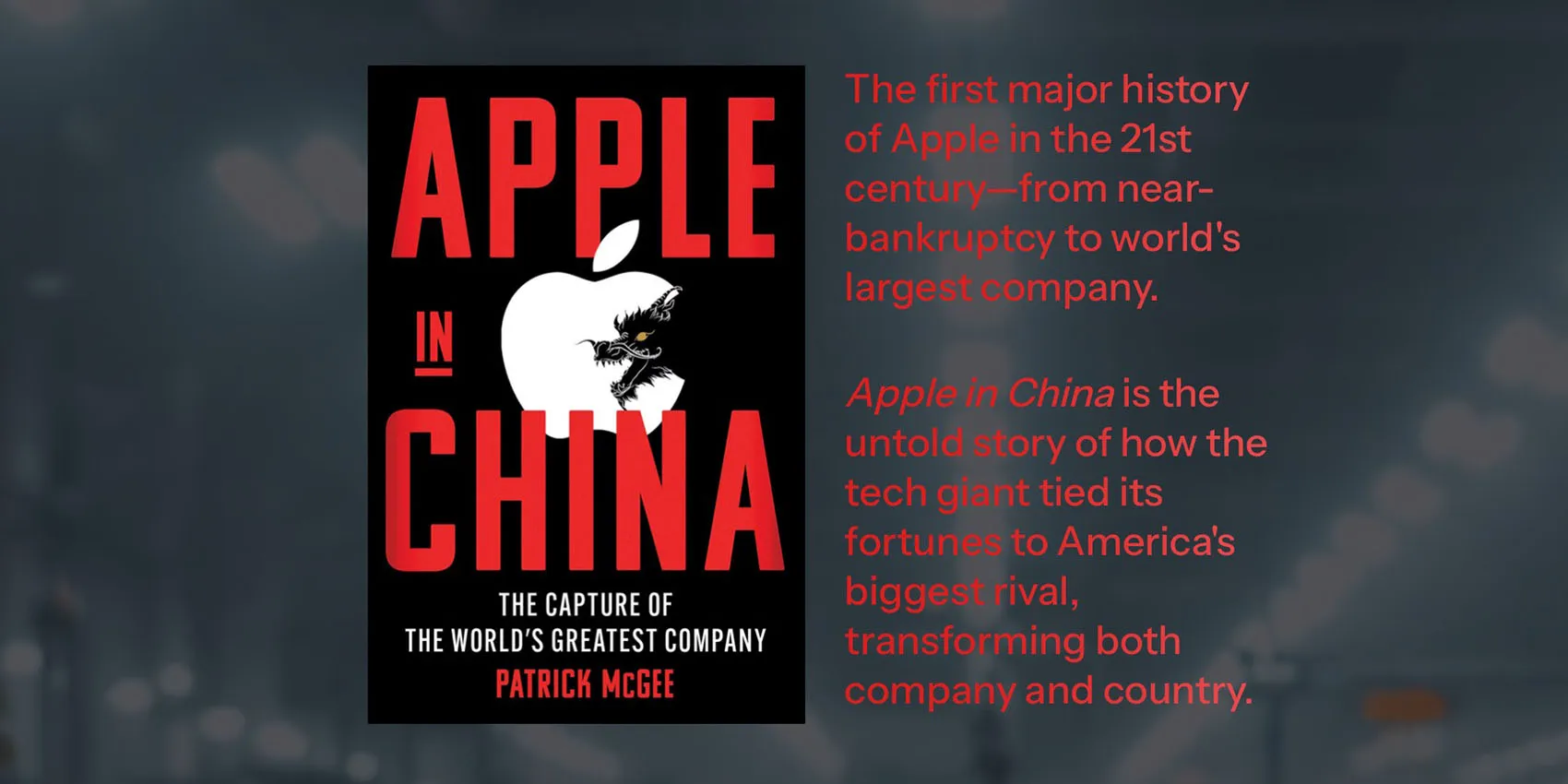Apple is making some big changes soon. They’re updating the Home app for HomeKit devices and bringing Apple Pay to more banks in the UAE and Qatar. Here’s what’s happening in simple terms.
Home App Gets a Must-Do Upgrade
Back when iOS 16 came out, Apple rolled out a new setup for the Home app to make smart home devices work better. Until now, switching to this new setup was up to users, but that’s about to change. Apple will soon make everyone upgrade to the new HomeKit system.
Hints found in the iOS 18.4 beta 3 update, shared with developers recently, show that the old HomeKit setup won’t work anymore. A message in the app says the old version will stop soon, urging users to update to keep their smart devices running smoothly. Apple says this new setup is faster and more dependable. It first showed up in iOS 16.2 beta but had issues, so Apple paused it. They brought it back with iOS 16.4 in February 2023.
The catch? If you upgrade, older iOS or macOS devices can’t use the Home app anymore. Some people avoided updating for this reason, but soon, everyone will need to switch to keep using their HomeKit gadgets. No exact date is set, but it might tie into iOS 19. The iOS 18.4 update, expected in early April, will also add more languages to Apple Intelligence.
Apple Pay Grows in UAE and Qatar
Apple Pay is already in the UAE and Qatar, but more people will soon get to use it. Apple is teaming up with local card networks—Jaywan in the UAE and Himyan in Qatar—to let their customers pay with iPhone or Apple Watch.
Code in iOS 18.4 beta 3 shows this is in the works. Jaywan has shared plans to boost digital payments in the UAE, including support for Apple Pay and Google Pay. They’ve also partnered with big names like Visa and Mastercard and even Samsung for its wallet app. Himyan’s been quiet, but support seems likely. With Apple Pay, users can add cards to the Wallet app for easy, contactless payments in stores or online. This should roll out around April when iOS 18.4 goes live. These updates mean better control of your smart home and easier payments in more places!

